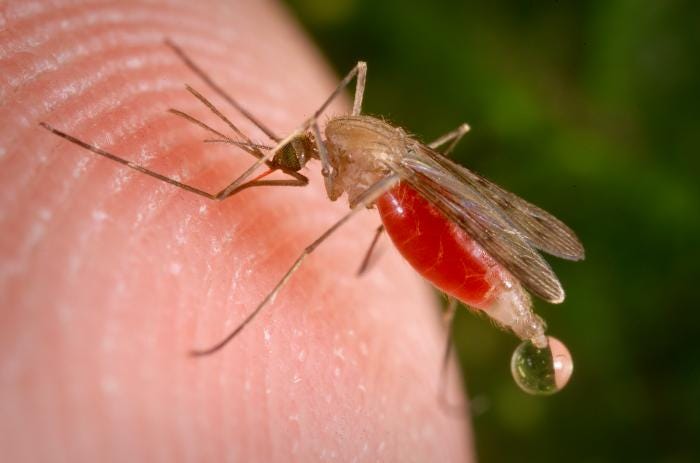The Seoul, South Korea government issued two malaria alerts in July— Yangcheon District earlier in the months and in Gangseo District on Monday—after locally acquired cases (1) were reported in each district, respectively.
To combat the disease in Gangseo, the Seoul Metropolitan Government plans to conduct an in-depth epidemiological investigation to identify the area where the patient was infected, trace exposed individuals and locate mosquito habitats.
The Korea Disease Control and Prevention Agency issued a national malaria alert on June 18 after malaria vector mosquitoes collected in malaria risk areas (Seoul, Incheon, Gyeonggi, Gangwon) increased in more than 3 cities and counties, reaching the warning criteria.
Commissioner Young-mi Ji emphasized, "Since the number of malaria vector mosquitoes is expected to continue to increase, we urge people to strengthen mosquito vector control in malaria risk areas and follow preventive measures to avoid mosquito bites. In particular, residents of malaria risk areas should receive tests at a nearby public health center or other medical institution if they develop symptoms suspected of malaria."
Support this newsblog with a paid subscription or with a cup of coffee at ko-fi
In addition, “since malaria symptoms are generally nonspecific, medical institutions in risk areas should suspect malaria when patients with a fever of unknown etiology (37.5℃ or higher) visit, and perform a rapid diagnostic test (RDT) and a confirmatory diagnostic test (microscopic examination or polymerase chain reaction (PCR)). Even if the rapid diagnostic test results are negative, a polymerase chain reaction (PCR) test should be performed if clinically and epidemiologically necessary.”





